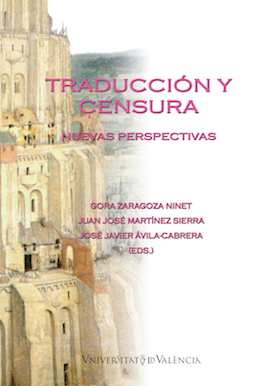'En terreno vedado': Gender, translation and censorship. The case of Brokeback Mountain
DOI:
https://doi.org/10.7203/qf-elit.v20i0.7527 Abstract
Abstract
When translating, not only linguistic difference should be taken into consideration, but also and in particular, the cultural and ideological one. Our article sets out to analyze the implications of the translation into Spanish of the short story Brokeback Mountain (Proulx, 1997) and also of the inter-semiotic rewriting which turned it into the film with the same name (Lee, 2005). In order to do that, it will focus on the manipulation and transference of gender stereotypes. Ideological, censoring and cultural issues will be at stake in a case study that is specially interesting in that it allows us to revisit the translating activity as one in which no naive visions of mere transference have a say anymore.
Keywords: gender; stereotypes; ideology; censorship.
 Downloads
Downloads
Downloads
Published
How to Cite
-
Abstract976
-
PDF (Español)942
Issue
Section
License
 Este obra está bajo una licencia de Creative Commons Reconocimiento-NoComercial-SinObraDerivada 4.0 Internacional.
Este obra está bajo una licencia de Creative Commons Reconocimiento-NoComercial-SinObraDerivada 4.0 Internacional.
Authors who publish with this journal agree to the following terms:
- Authors retain copyright and grant the journal right of first publication with the work simultaneously licensed under a Creative Commons Attribution License that allows others to share the work with an acknowledgement of the work's authorship and initial publication in this journal.
- Authors are able to enter into separate, additional contractual arrangements for the non-exclusive distribution of the journal's published version of the work (e.g., post it to an institutional repository or publish it in a book), with an acknowledgement of its initial publication in this journal.
- Authors are permitted and encouraged to post their work online (e.g., in institutional repositories or on their website) prior to and during the submission process, as it can lead to productive exchanges, as well as earlier and greater citation of published work (See The Effect of Open Access).




